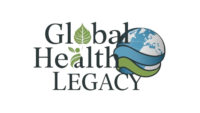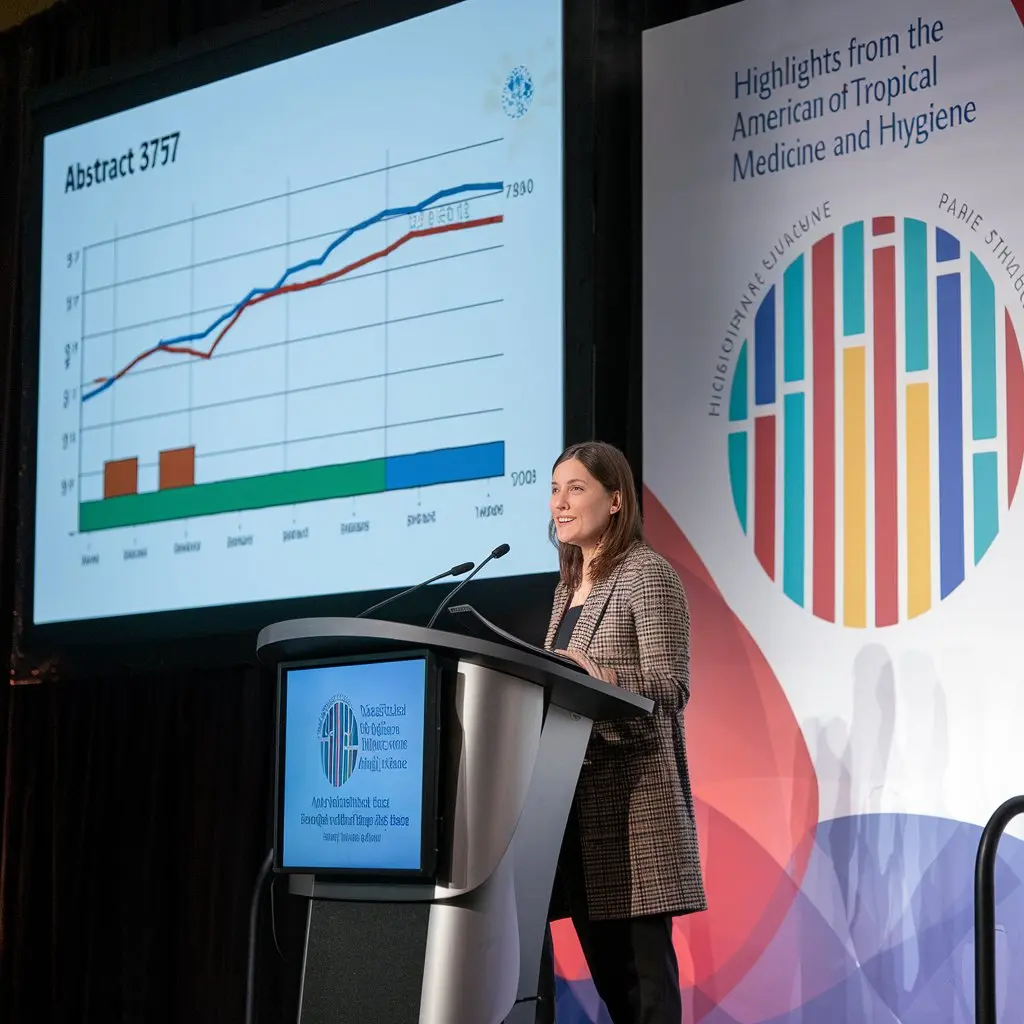The American Society of Tropical Medicine and Hygiene (ASTMH) gathers top researchers and medical experts each year to share their work on tropical diseases. Among the key presentations this year is Abstract 3757, a study that examines the impact of a new intervention for combating infectious diseases in tropical regions. This abstract holds significant promise, focusing on innovations that could improve public health outcomes. Below, we’ll break down the major findings, discuss the potential impact, and explore why this research matters.
Background of ASTMH and Its Mission
ASTMH, founded in 1903, aims to reduce the global burden of tropical diseases. The organization supports research on diseases like malaria, dengue, and Zika virus, which predominantly affect tropical and subtropical regions. These diseases not only cause severe illness and death but also hinder economic progress in affected countries. Through its annual meetings, ASTMH highlights breakthrough studies, shares new knowledge, and promotes collaboration.
What is Abstract 3757?
Abstract 3757 focuses on an innovative approach to addressing tropical diseases, especially where they are highly prevalent. This abstract presents findings from recent trials, with a particular emphasis on enhancing prevention, treatment, and diagnosis. The researchers aimed to target diseases that remain challenging to manage due to limited resources and climate conditions. By refining existing methods or proposing new solutions, Abstract 3757 seeks to make healthcare more accessible in underserved areas.
Key Findings in Abstract 3757
- Improved Diagnostic Techniques One major focus of Abstract 3757 is on improving diagnostic tools. Often, diagnosing tropical diseases in remote areas presents logistical challenges, as traditional tests require specific equipment and trained personnel. Abstract 3757 introduces a more streamlined diagnostic method, designed for quick and accurate results. This new method reduces the waiting time for diagnosis, enabling healthcare workers to respond faster.
- Enhanced Treatment Protocols Abstract 3757 suggests modifications to existing treatment protocols, which may enhance patient outcomes. For many tropical diseases, standard treatments can be slow or only partially effective. The study explores alternative medications and dosages, tailored specifically for conditions in tropical climates. This approach has shown promise in initial trials, with patients recovering faster and experiencing fewer side effects.
- Focus on Preventative Measures Prevention remains the cornerstone of disease management in resource-limited settings. The abstract underscores new preventive strategies that may reduce transmission rates. For instance, researchers tested a community-based initiative that combines education with preventive treatments. This approach empowers local communities, making them active participants in disease control. Such community-led initiatives have shown to decrease infection rates significantly.
- Potential Vaccine Development Vaccine research featured prominently in Abstract 3757. Researchers discussed the development of a vaccine targeting a specific tropical disease, aiming to create long-term immunity. This vaccine, currently in clinical trials, demonstrates promising results. If successful, it could serve as a powerful tool against the disease and provide a model for similar vaccine development.
- Using Technology for Disease Surveillance Abstract 3757 highlights how technology can aid in tracking and managing disease outbreaks. Mobile health (mHealth) applications and other tech tools enable real-time data collection and analysis, allowing for quicker responses to outbreaks. Such tools are crucial in areas where traditional surveillance methods may be slow or infeasible. By employing these technologies, health officials can better predict and respond to disease trends.
Challenges Addressed by Abstract 3757
The tropical climate and limited healthcare infrastructure in affected areas pose unique challenges. Many of these regions face logistical issues that can hinder effective disease control. Abstract 3757 addresses several of these hurdles:
- Remote Access to Healthcare: Many communities in tropical regions lack easy access to healthcare facilities. The new diagnostic and treatment protocols aim to address this issue by making care accessible in remote areas.
- Limited Resources: Often, funding and resources are limited in low-income countries, affecting the ability to combat diseases effectively. The research in Abstract 3757 focuses on cost-effective methods that can work in these resource-limited settings.
- Disease Surveillance: Identifying and tracking outbreaks can be difficult without proper infrastructure. Abstract 3757 presents a solution by leveraging digital tools to monitor disease spread in real time.
Implications of the Findings
The findings in Abstract 3757 could have broad implications for global health. With tropical diseases affecting millions, the potential to improve healthcare delivery and outcomes is significant. If implemented, these advancements could lead to:
- Faster Response Times: Rapid diagnostics and treatment protocols allow healthcare workers to act immediately, reducing the spread of diseases.
- Lower Mortality Rates: Better treatments and vaccines could decrease mortality rates associated with tropical diseases.
- Community Empowerment: By involving communities in preventive measures, this approach encourages local ownership of health outcomes. Educating communities enables them to take preventive action, creating a sustainable impact.
- Cost Efficiency: Cost-effective strategies mean that more people can access care within existing budgets. This efficiency is essential in low-resource settings where healthcare spending is often constrained.
How Abstract 3757 Aligns with Global Health Goals
Abstract 3757 contributes to several global health objectives, including the United Nations Sustainable Development Goals (SDGs). Particularly, it supports SDG 3, which aims to ensure healthy lives and promote well-being for all ages. Through innovation, Abstract 3757 addresses specific SDG targets:
- Reducing Infectious Diseases: By introducing new treatments, diagnostics, and preventive strategies, the study aligns with efforts to combat infectious diseases globally.
- Promoting Health Innovation: The technological advances discussed in the abstract, such as mHealth tools, contribute to healthcare innovation. These innovations are vital for reaching underserved populations.
- Strengthening Community Health Systems: The community-based preventive approach fosters stronger health systems at the local level, which is essential for sustainable health improvement.
Looking Forward: Potential Next Steps
The promising results in Abstract 3757 suggest several next steps for research and implementation. While the study demonstrates initial success, further investigation is necessary to confirm its effectiveness on a larger scale. Researchers are likely to:
- Expand Clinical Trials: The findings in Abstract 3757 are based on early trials. To ensure the intervention’s effectiveness, researchers need larger-scale trials across different regions.
- Refine Diagnostic Tools: Although the new diagnostic tool shows potential, further refinement will enhance its accuracy and ease of use. This refinement may also involve testing the tool in varied environmental conditions to ensure reliability.
- Broaden Community-Based Programs: Expanding preventive programs will require partnerships with local governments and organizations. Scaling up these initiatives will maximize their impact, particularly in highly affected areas.
- Invest in Vaccine Research: Vaccine development remains an ongoing process. Further research and funding are necessary to complete clinical trials and ensure the vaccine’s safety and efficacy.
Conclusion
The work presented in Abstract 3757 at the American Society of Tropical Medicine and Hygiene meeting could mark a turning point in the fight against tropical diseases. Through innovative diagnostics, treatment protocols, preventive strategies, and vaccine development, this research offers practical solutions to long-standing health challenges. If adopted widely, these advancements could save lives, empower communities, and reduce the disease burden in tropical regions. Abstract 3757 underscores the importance of continued research, collaboration, and innovation in addressing the health needs of vulnerable populations.



